
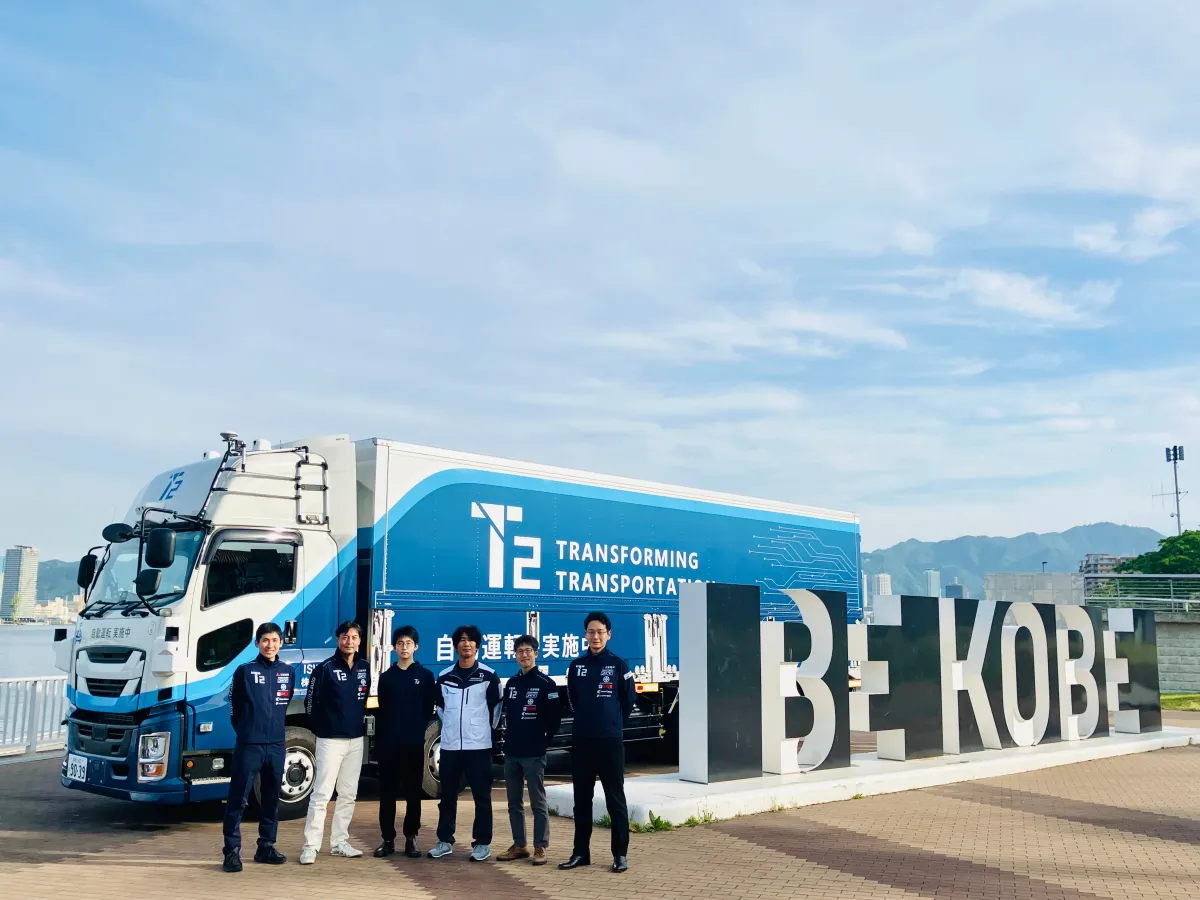
T2 Achieves Record 500-Kilometer Journey with Autonomous Trucks in Japan
In a significant milestone for the logistics industry, T2, a pioneering company specializing in autonomous truck technology based in Tokyo, has achieved the longest autonomous truck journey in Japan. Covering approximately 500 kilometers, this groundbreaking journey stretched from Ayase City in Kanagawa Prefecture to Kobe City in Hyogo Prefecture on a highway stretch. This impressive feat marks a major achievement in the realm of Level 2 autonomous driving technology within Japan.
T2's commitment to addressing the logistics crisis precipitated by the '2024 Problem' has accelerated its endeavors toward commercializing Level 2 autonomous trucks for trunk transport by July 2025. Collaborative testing with leading firms across various sectors has been ongoing, aimed at fine-tuning the autonomous driving capabilities of these vehicles. With a focus on expanding their technology, T2 executed a test drive solely organized by the company on a section of the Tomei Expressway, marking an unprecedented successful run.
The distance covered during this test not only sets a new record but also decisively surpasses the previous achievement of around 180 kilometers from Suruga Bay Numazu SA to Toyota-Higashi Junction, accomplished in December 2024. Impressively, T2's autonomous trucks maintained a driving rate of 99% during this journey, even under challenging conditions characterized by limited visibility during nighttime.
As international competitors advance in the autonomous trucking sector, T2 views this successful journey to Kobe—a city with one of Japan's highest population densities—as a transformative step towards the societal implementation of autonomous trucks. The company has developed technologies ensuring stability while driving in unstable conditions, such as tunnels, steep slopes, and curved roads, all while accommodating various loads and weights during these test drives. These advancements elevate the accuracy of vehicle detection even in adverse weather conditions or nighttime settings.
Since January 2025, T2 has accumulated a total driving distance of over 60,000 kilometers, indicating significant progress and reliability in their autonomous driving systems. The company is also continuously innovating, developing technologies that allow vehicles to safely change lanes autonomously amidst surrounding traffic and maintain stability when navigating complicated junctions with steep gradients and sharp curves.
Looking ahead, T2 aims to transition to Level 4 autonomous trucking for trunk transport by 2027. Preparations for this transition are already in motion, with T2 diligently advancing the necessary advanced technologies to make this vision a reality.
To further bolster its operations, T2 has initiated a partnership with Kobe City, leveraging municipal land near the (tentative) Kobe Integrated Industrial Complex South District Industrial Zone. This collaboration will facilitate the establishment of logistics bases essential for the successful operational transition between autonomous and manual driving, as well as vehicle maintenance necessary for trunk transport.
The Kobe City Urban Bureau expressed excitement about the collaboration, stating, "Kobe City is committed to promoting the SDGs by developing a sustainable smart industrial zone. The autonomous truck trunk transport service will not only address issues such as driver shortages but also contribute to the reduction of greenhouse gas emissions. We have a keen interest in this collaboration, looking forward to progress in both the testing within Kobe City and the implementation of trunk transport services in Western Japan."
This partnership and technological advancement position T2 at the forefront of the autonomous transportation wave, with implications that resonate throughout the logistics sector and beyond, promising a future characterized by efficiency, sustainability, and innovation in transportation.
As T2 continues its ambitious journey, the evolving landscape of logistics in Japan appears increasingly poised for transformation, heralding a new era where autonomous technologies integrate seamlessly into everyday operations, paving the way for smarter, more efficient transport systems.
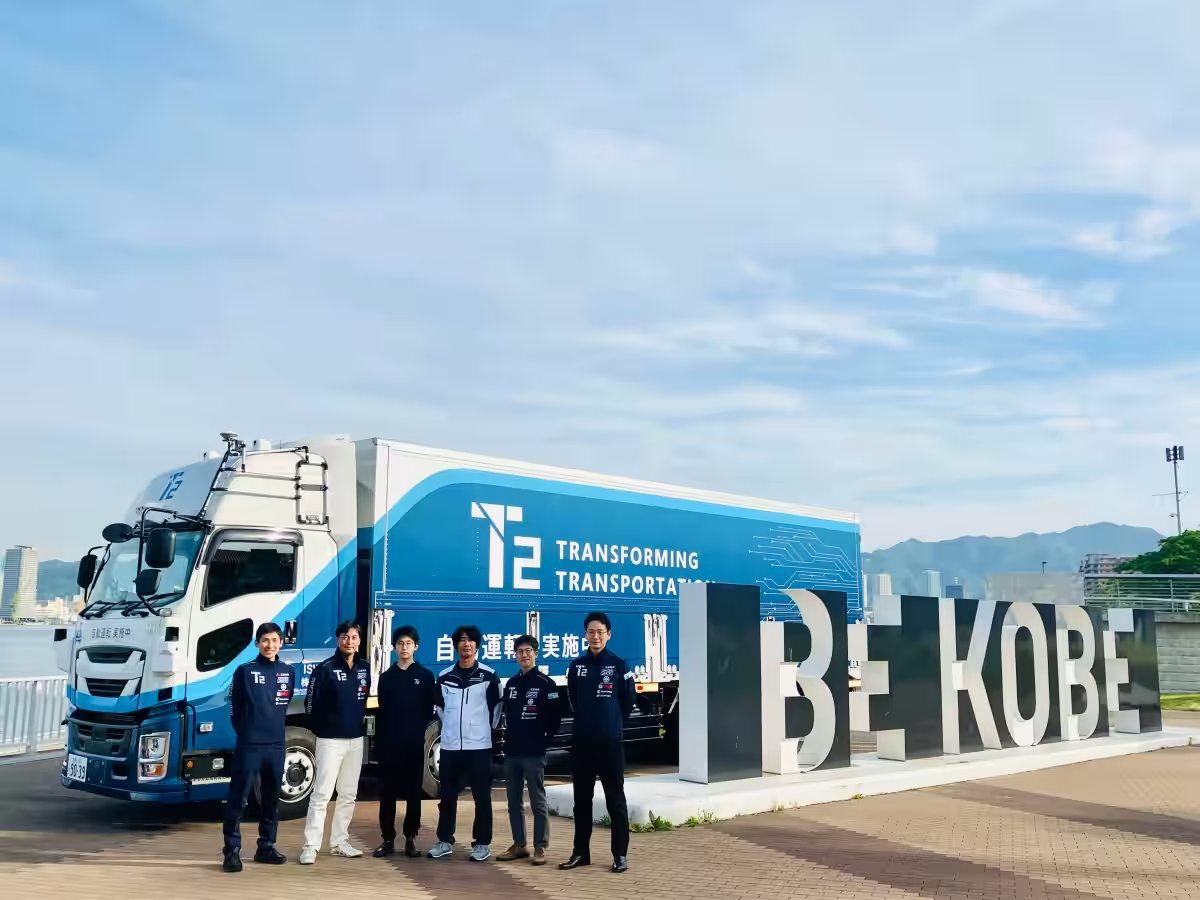
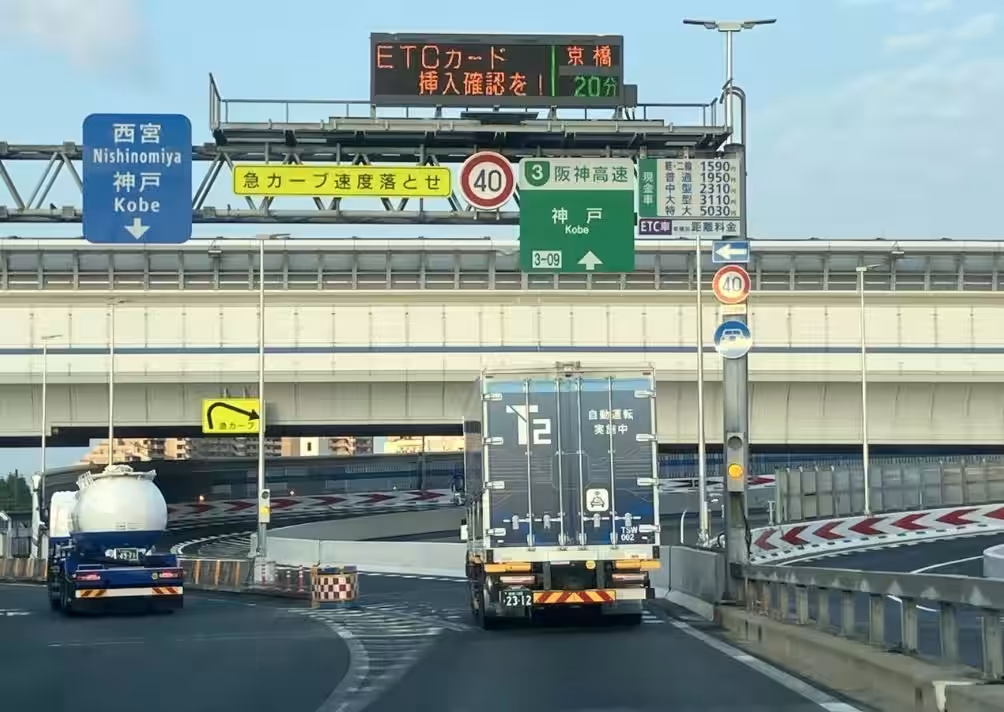
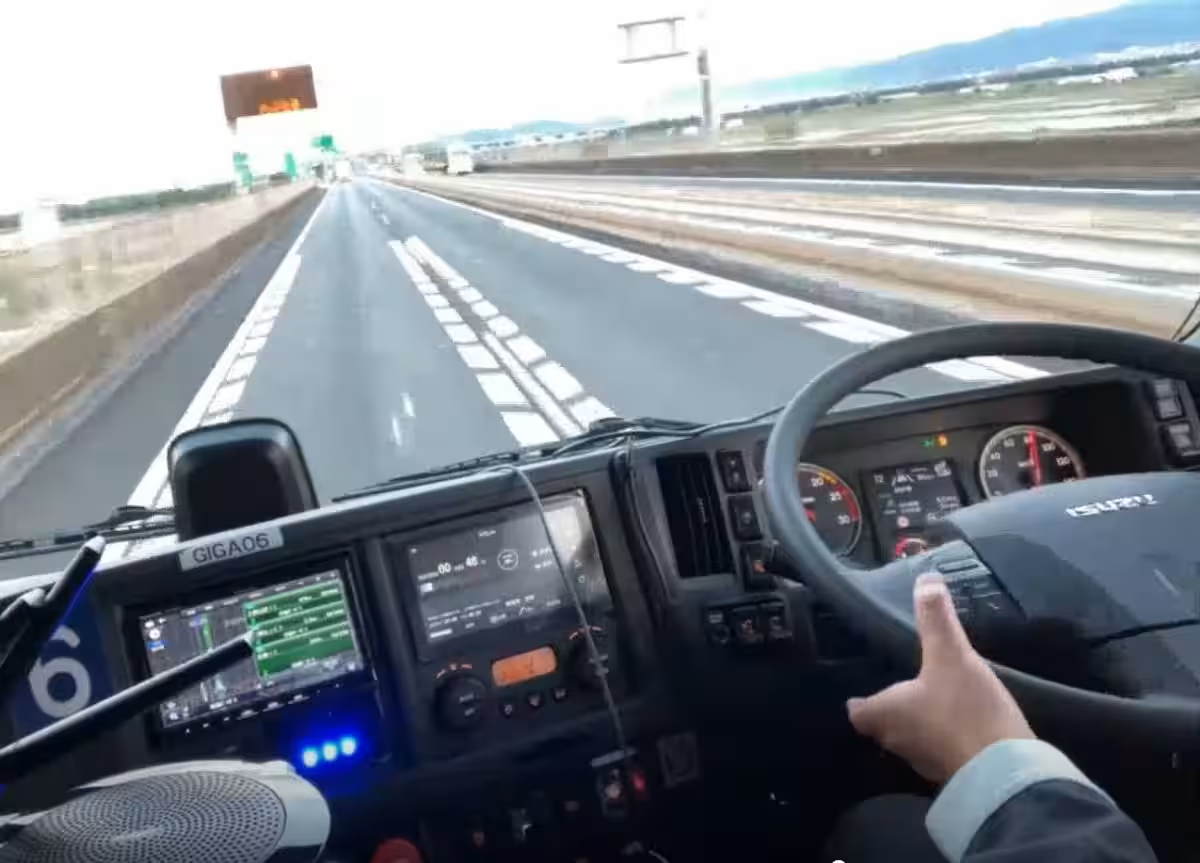
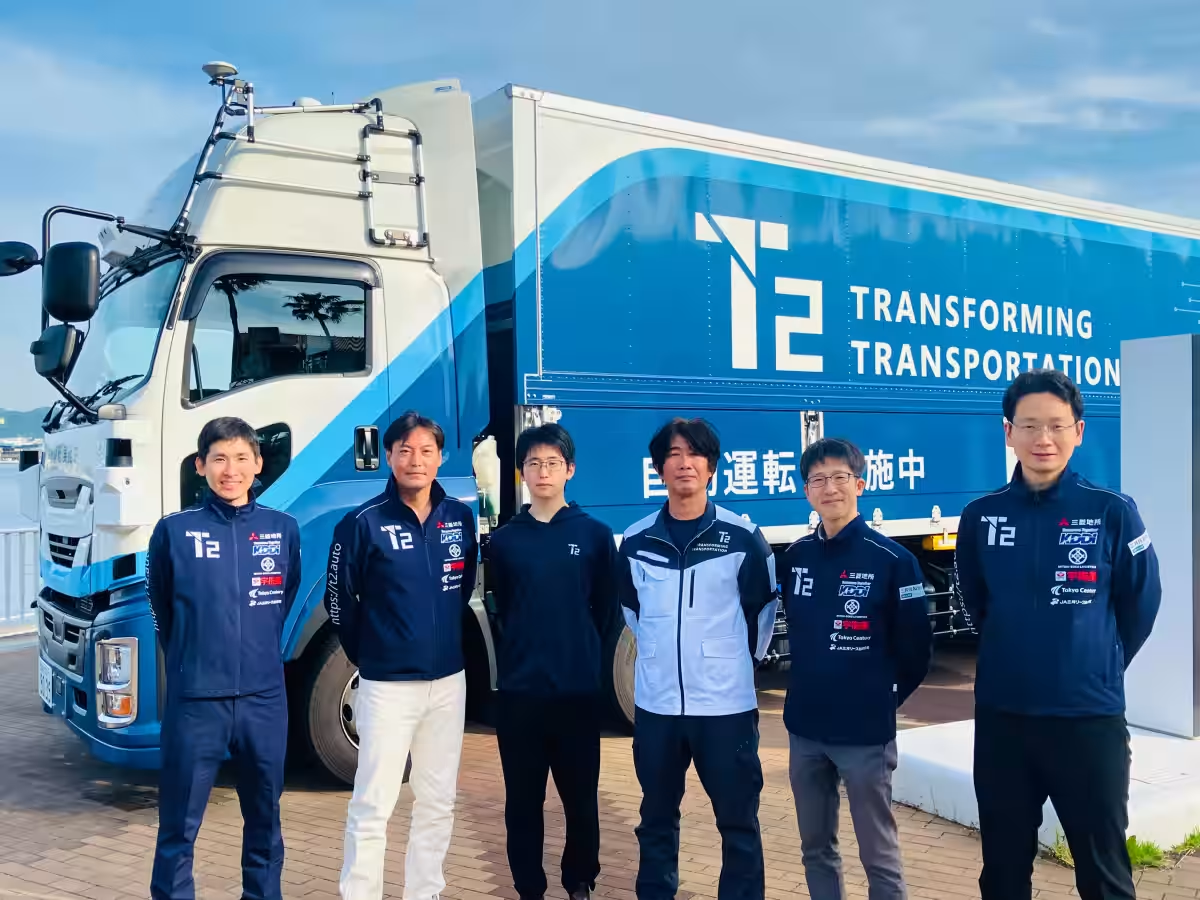
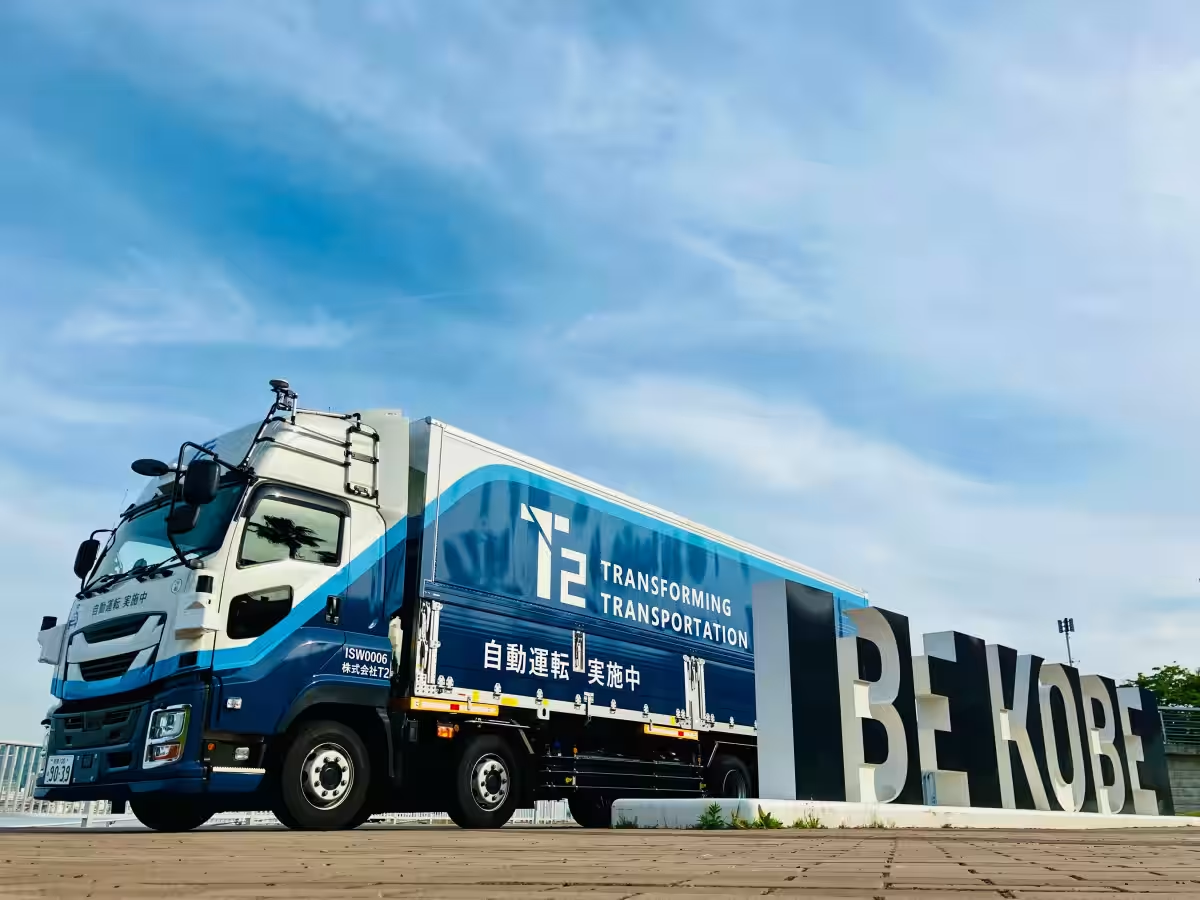
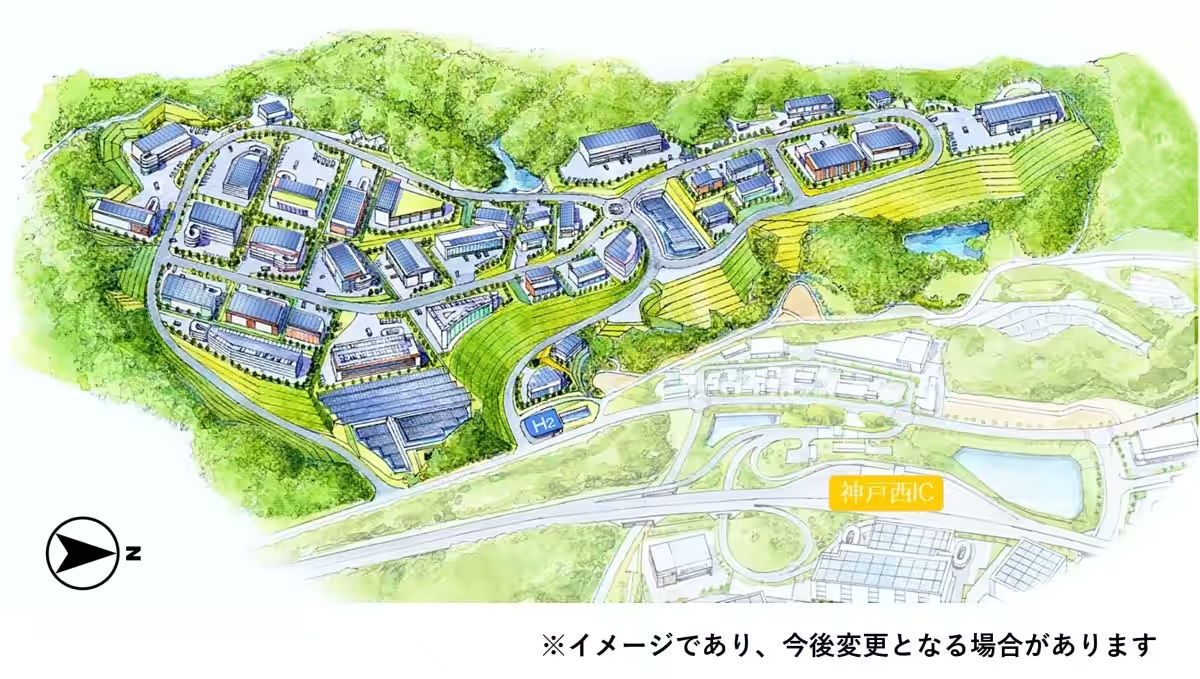
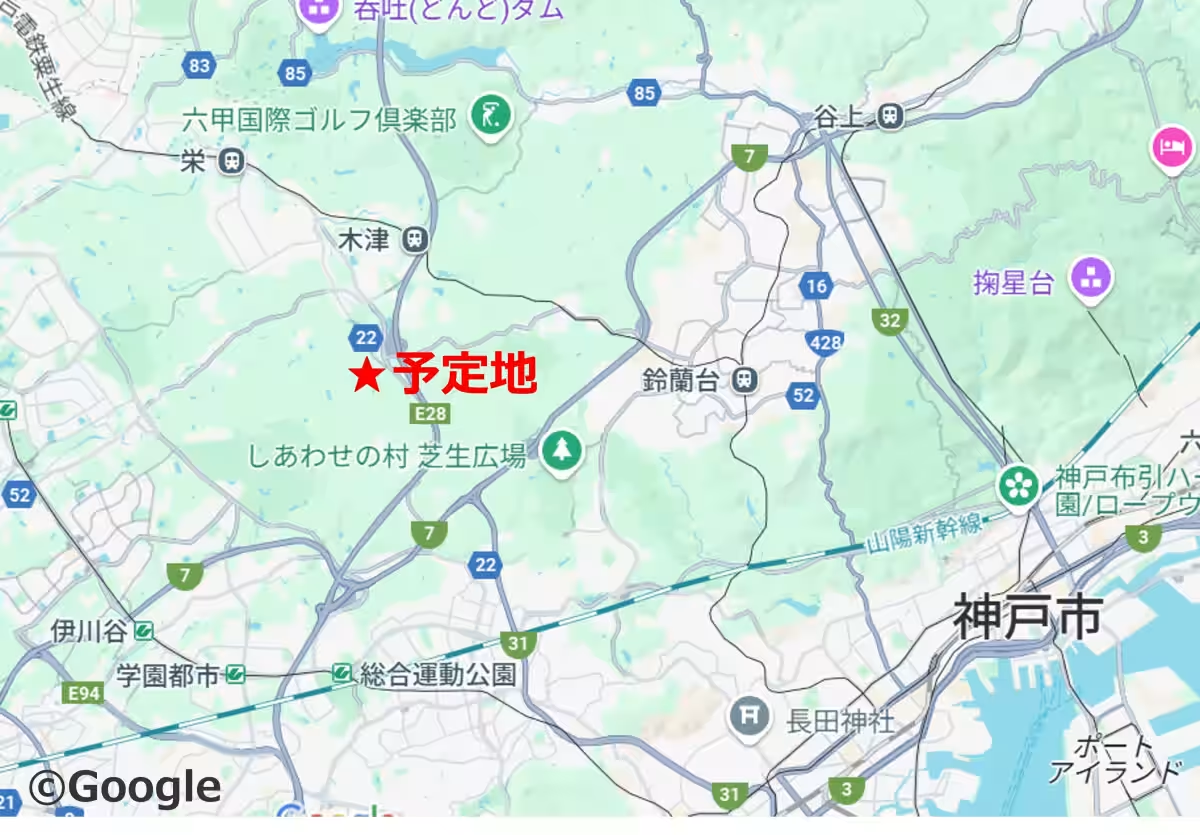

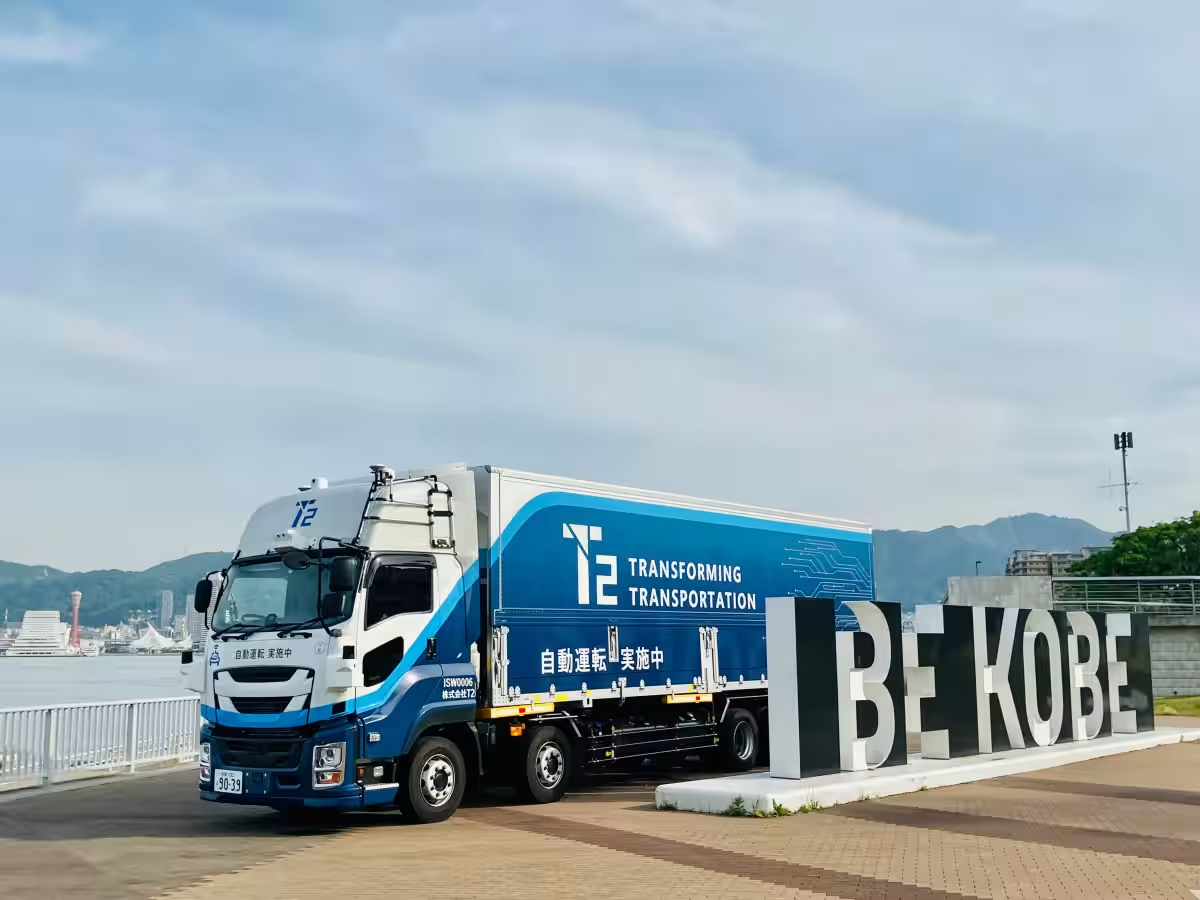
T2's commitment to addressing the logistics crisis precipitated by the '2024 Problem' has accelerated its endeavors toward commercializing Level 2 autonomous trucks for trunk transport by July 2025. Collaborative testing with leading firms across various sectors has been ongoing, aimed at fine-tuning the autonomous driving capabilities of these vehicles. With a focus on expanding their technology, T2 executed a test drive solely organized by the company on a section of the Tomei Expressway, marking an unprecedented successful run.
The distance covered during this test not only sets a new record but also decisively surpasses the previous achievement of around 180 kilometers from Suruga Bay Numazu SA to Toyota-Higashi Junction, accomplished in December 2024. Impressively, T2's autonomous trucks maintained a driving rate of 99% during this journey, even under challenging conditions characterized by limited visibility during nighttime.
As international competitors advance in the autonomous trucking sector, T2 views this successful journey to Kobe—a city with one of Japan's highest population densities—as a transformative step towards the societal implementation of autonomous trucks. The company has developed technologies ensuring stability while driving in unstable conditions, such as tunnels, steep slopes, and curved roads, all while accommodating various loads and weights during these test drives. These advancements elevate the accuracy of vehicle detection even in adverse weather conditions or nighttime settings.
Since January 2025, T2 has accumulated a total driving distance of over 60,000 kilometers, indicating significant progress and reliability in their autonomous driving systems. The company is also continuously innovating, developing technologies that allow vehicles to safely change lanes autonomously amidst surrounding traffic and maintain stability when navigating complicated junctions with steep gradients and sharp curves.
Looking ahead, T2 aims to transition to Level 4 autonomous trucking for trunk transport by 2027. Preparations for this transition are already in motion, with T2 diligently advancing the necessary advanced technologies to make this vision a reality.
To further bolster its operations, T2 has initiated a partnership with Kobe City, leveraging municipal land near the (tentative) Kobe Integrated Industrial Complex South District Industrial Zone. This collaboration will facilitate the establishment of logistics bases essential for the successful operational transition between autonomous and manual driving, as well as vehicle maintenance necessary for trunk transport.
The Kobe City Urban Bureau expressed excitement about the collaboration, stating, "Kobe City is committed to promoting the SDGs by developing a sustainable smart industrial zone. The autonomous truck trunk transport service will not only address issues such as driver shortages but also contribute to the reduction of greenhouse gas emissions. We have a keen interest in this collaboration, looking forward to progress in both the testing within Kobe City and the implementation of trunk transport services in Western Japan."
This partnership and technological advancement position T2 at the forefront of the autonomous transportation wave, with implications that resonate throughout the logistics sector and beyond, promising a future characterized by efficiency, sustainability, and innovation in transportation.
As T2 continues its ambitious journey, the evolving landscape of logistics in Japan appears increasingly poised for transformation, heralding a new era where autonomous technologies integrate seamlessly into everyday operations, paving the way for smarter, more efficient transport systems.









Topics Consumer Technology)










【About Using Articles】
You can freely use the title and article content by linking to the page where the article is posted.
※ Images cannot be used.
【About Links】
Links are free to use.